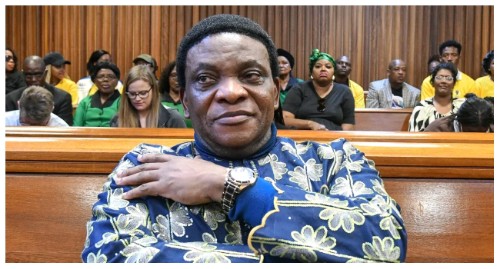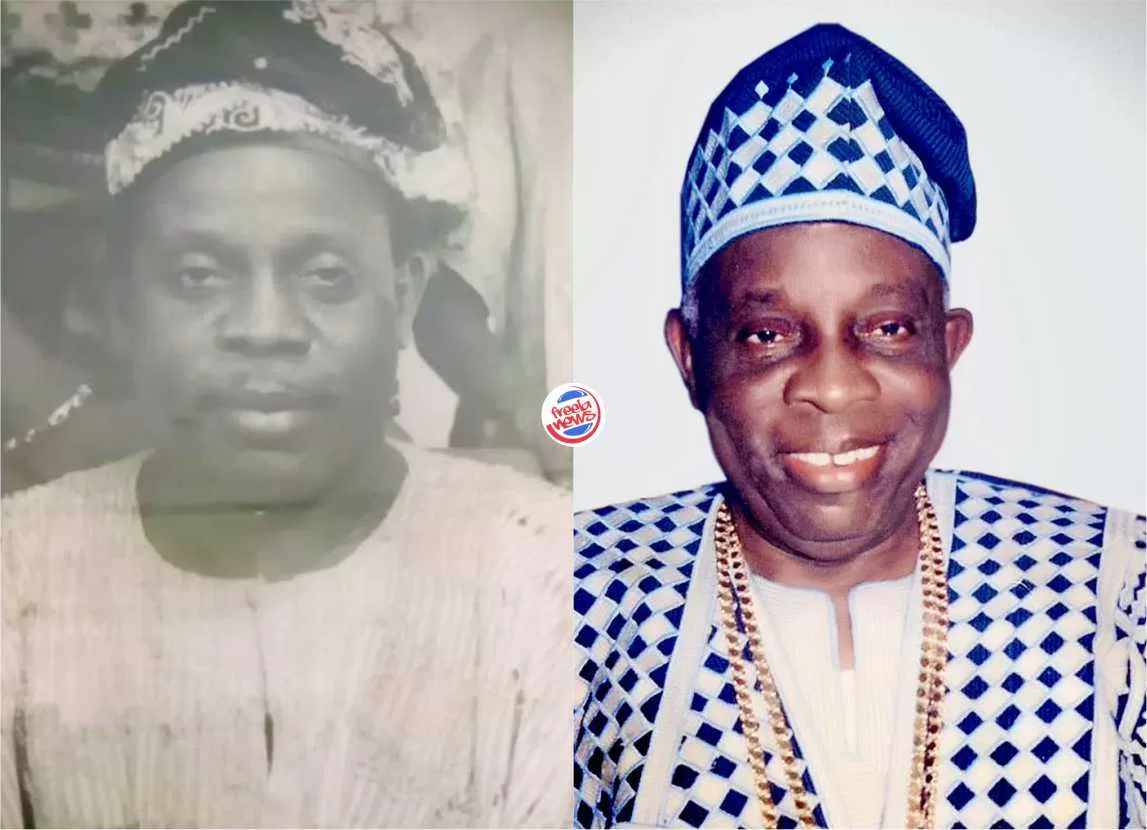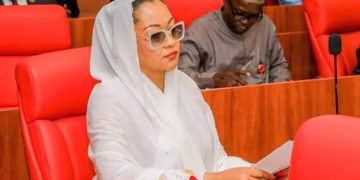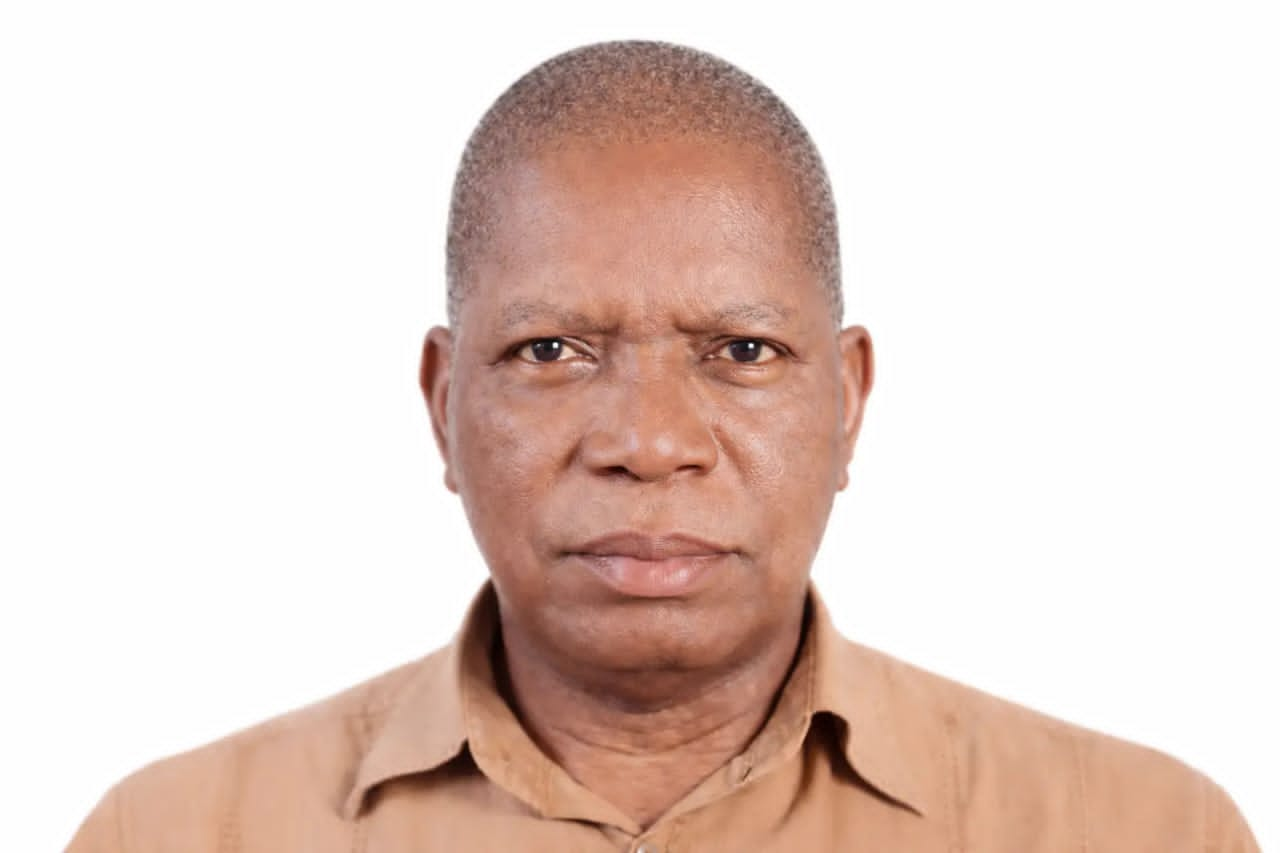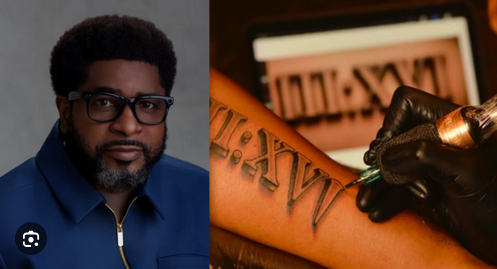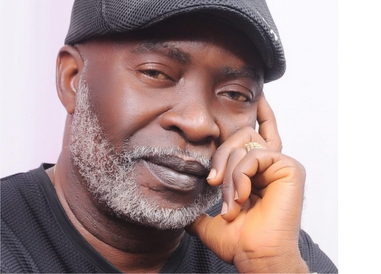Nigerian televangelist Timothy Omotoso has been deported from South Africa following his acquittal on sexual assault and human trafficking charges
[dropcap]N[/dropcap]igerian televangelist Timothy Omotoso has been deported from South Africa. This action follows a decision by the Department of Home Affairs, which declared him an “undesirable person.”
Also read: Pastor Timothy Omotoso rearrested in South Africa on immigration charges
According to The South African, a local news outlet, Omotoso was deported on Sunday. He reportedly left the country via OR Tambo International Airport in Johannesburg.
The report indicated that the pastor was accompanied by both police and Home Affairs officials as he boarded a flight back to Nigeria.
This suggests a formal process was followed for his removal.
Omotoso’s deportation occurs shortly after his acquittal. He, along with co-accused Lusanda Sulani and Zukiswa Sitho, were found not guilty on multiple charges.
These charges included rape, sexual assault, and human trafficking.
The highly publicized case lasted for eight years. It concluded with their “not-guilty verdict” in April 2025.
This verdict drew significant criticism and raised questions about the justice system’s effectiveness in handling cases of gender-based violence.
According to the report, the Department of Home Affairs disclosed that Omotoso had applied under Section 8(7) of the Immigration Act. His application sought to overturn his status as a “prohibited person.”
However, this application was denied by South Africa’s Minister of Home Affairs, Leon Schreiber. The Minister’s decision upheld Omotoso’s prohibited status.
Explaining the decision, department spokesperson, Siya Qoza, stated, “Upon his departure, Omotoso was still a prohibited person, and given that he was illegally in the country, he was issued with a notification as an undesirable person, meaning that he will not be able to return to the country for five years.
On expiry of that five-year ban, he will have to apply for his prohibition to be uplifted in terms of Section 29 of the Immigration Act.
The Department of Home Affairs continues to be guided by our unwavering commitment to upholding the rule of law without fear or favour.” This quote details the legal basis and implications of Omotoso’s deportation and future entry into South Africa.
Upon his departure, Omotoso was still a prohibited person, and given that he was illegally in the country, he was issued with a notification as an undesirable person, meaning that he will not be able to return to the country for five years.
Omotoso, who is the founder of Jesus Dominion International, had been rearrested in East London. This occurred just days before his deportation on immigration-related offences, indicating further legal issues.
This rearrest highlighted the complexities of Omotoso’s legal status in South Africa, even after the acquittal.
Omotoso’s acquittal had generated significant public scrutiny. Civil society groups, activists, and political leaders had voiced their concerns regarding the judicial outcome of the case.
Many expressed outrage and disappointment, feeling that justice had not been served for the alleged victims.
Critics had also questioned the role of the National Prosecuting Authority (NPA) and the handling of the case. There were accusations of mishandling evidence and inadequate prosecution, leading to the acquittal.
Many had hoped the legal proceedings would deliver justice for victims of gender-based violence, a pervasive issue in South Africa.
In response to the public outcry, Minister of Justice and Constitutional Development, Mmamoloko Kubayi, according to the report, requested a detailed report from the National Director of Public Prosecutions, Advocate Shamila Batohi.
This action suggests an official review of the prosecution’s handling of the case. The Minister’s intervention signaled the government’s recognition of the public’s concern and the need for accountability.
Also read: ‘He prayed for me when he was done’ Pastor faces s3xual assault charges on church member
“Kubayi said her concern stemmed from the apparent shortcomings in the prosecution’s handling of the case, resulting in a significant setback in the pursuit of justice for victims of gender-based violence and related crimes,” Kubayi was quoted as saying.


